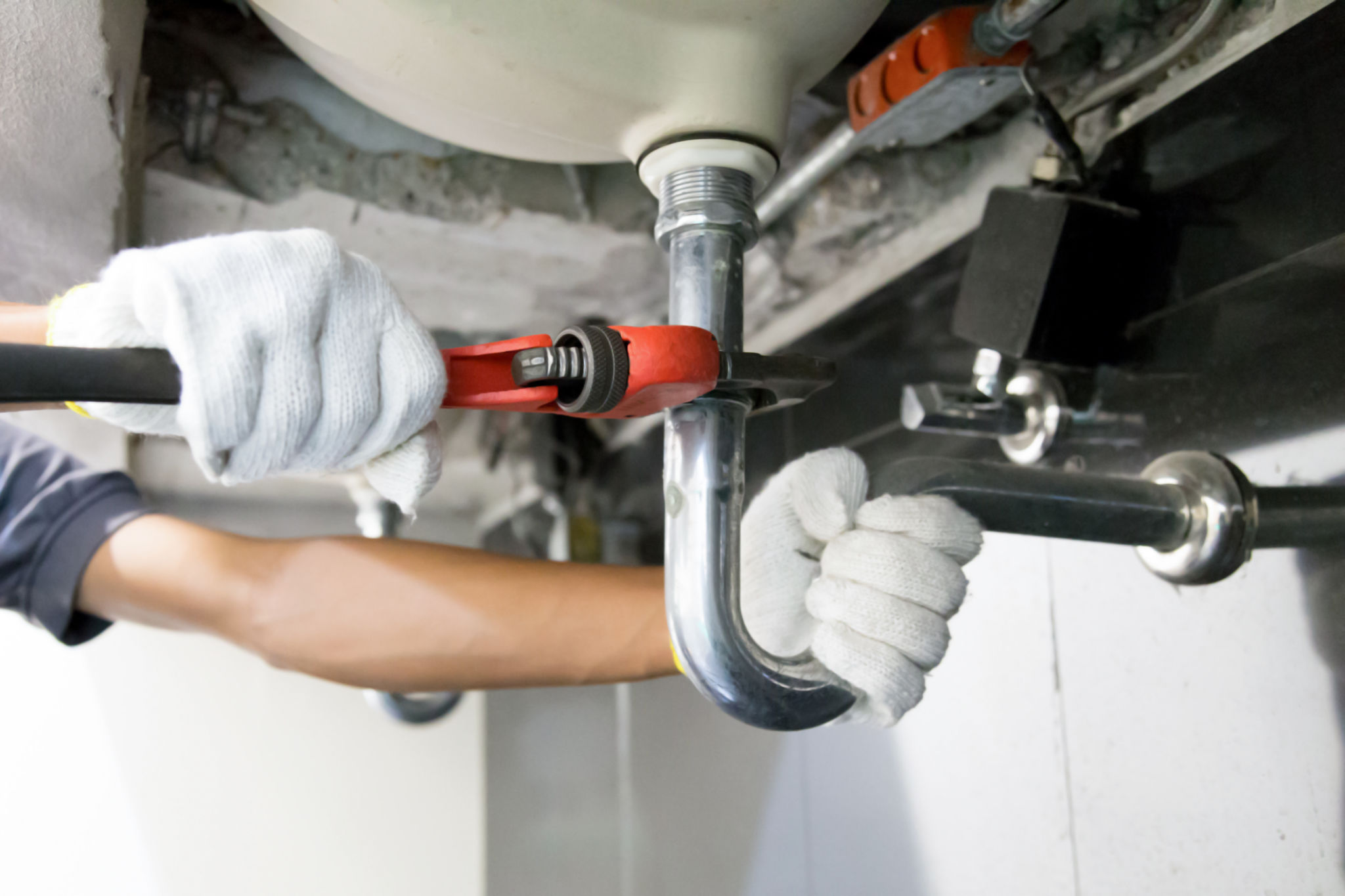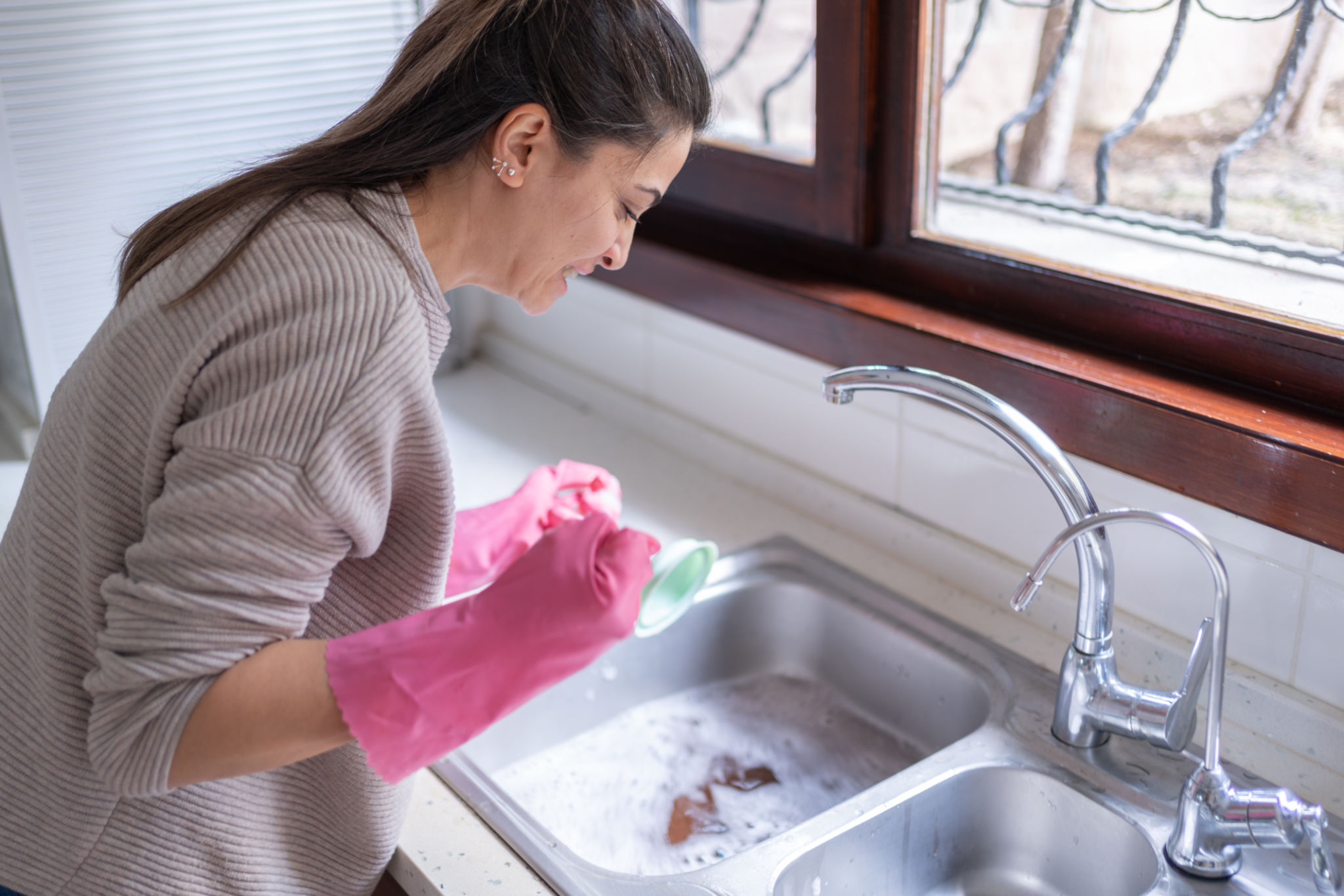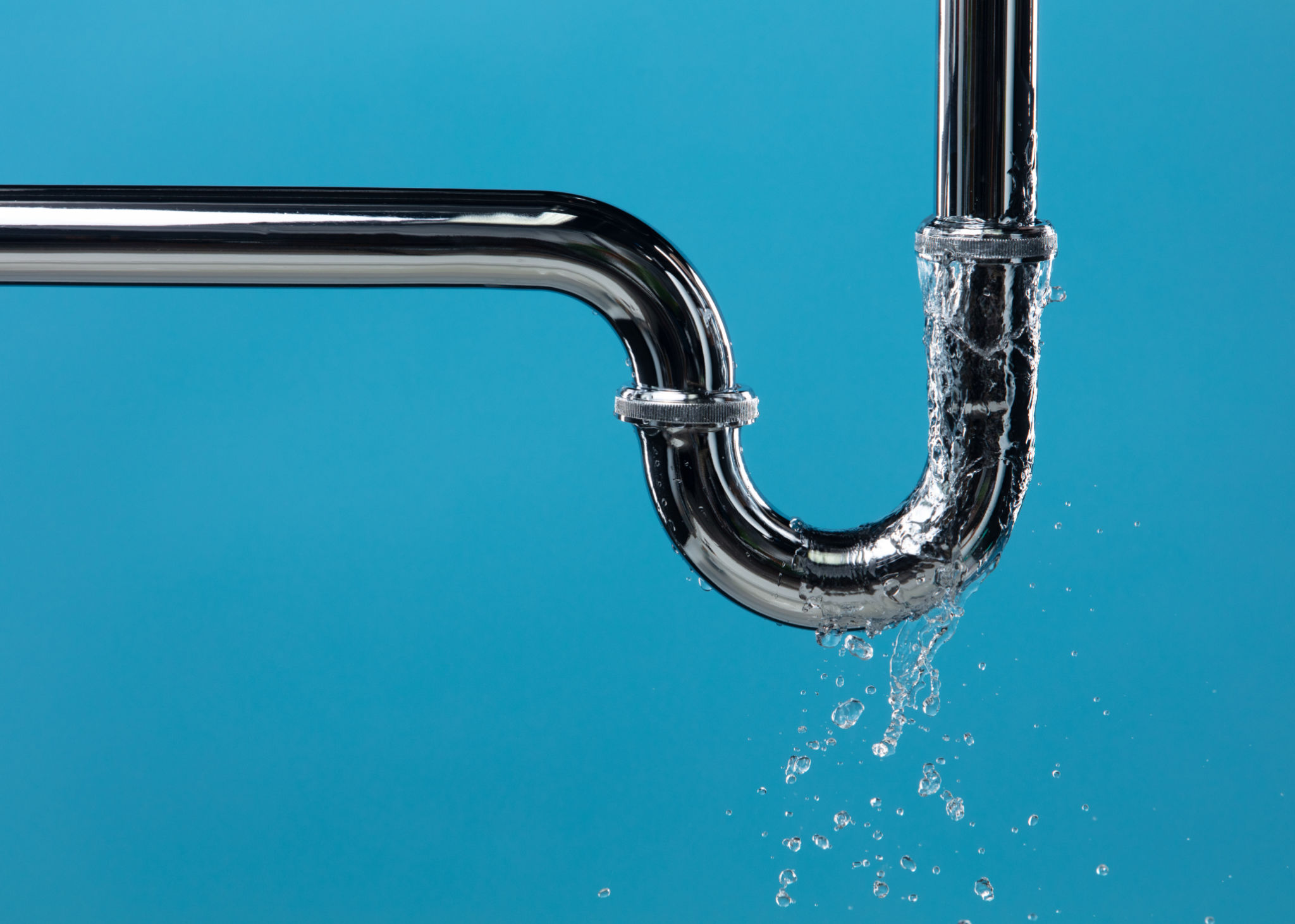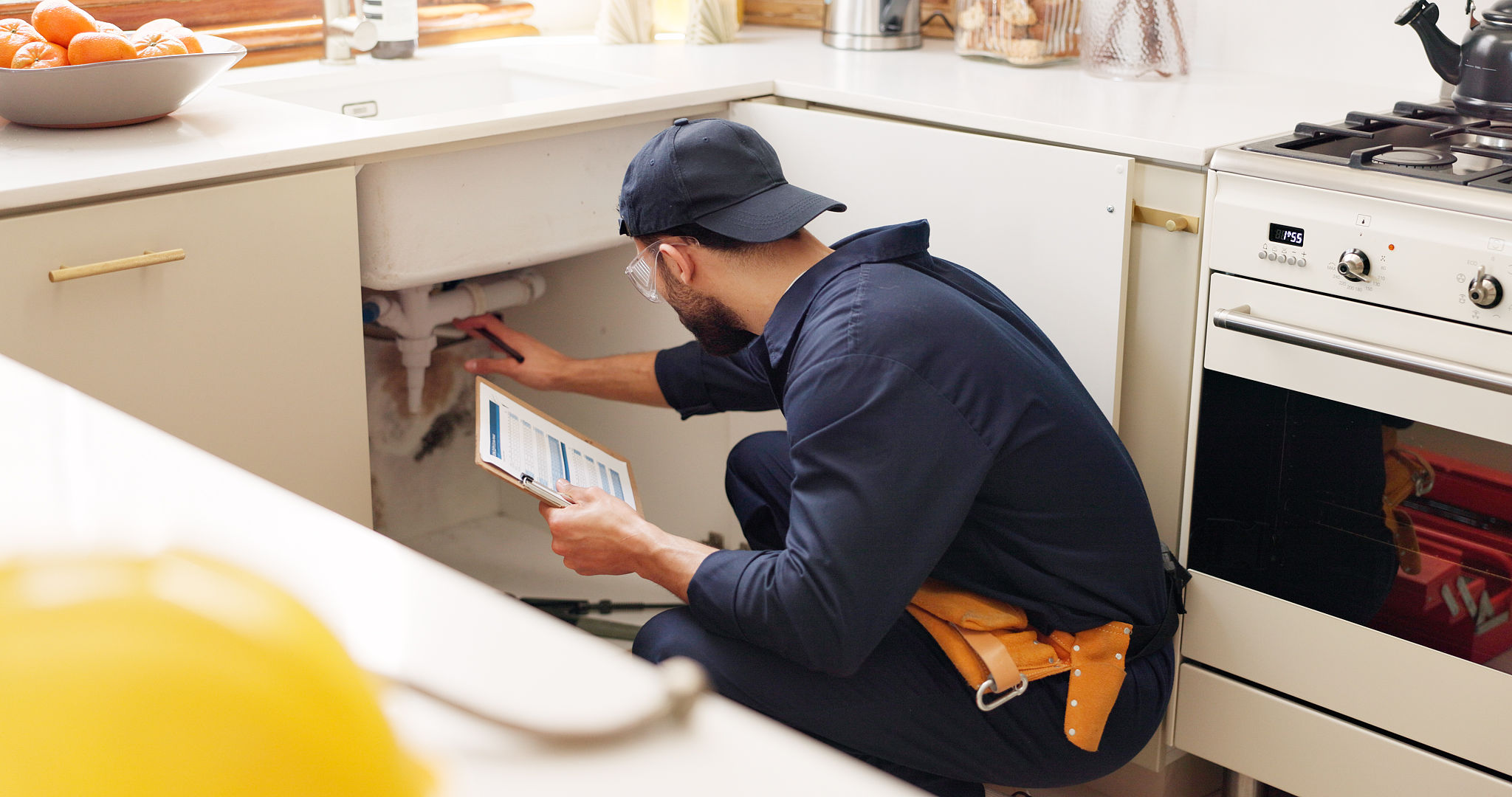Debunking Common Plumbing Myths: What Really Causes Emergencies?
Understanding Plumbing Emergencies
Plumbing emergencies can be a nightmare for homeowners, often leading to unexpected expenses and stress. However, many of these emergencies stem from common misconceptions and myths about plumbing systems. By understanding what truly causes these issues, you can better prevent them and maintain a healthy plumbing system.

Myth: Small Leaks Are Harmless
One prevalent myth is that small leaks are insignificant and can be ignored. In reality, even a minor leak can escalate into a major problem if left unaddressed. Over time, small leaks can cause water damage, mold growth, and increased water bills. To prevent emergencies, it's essential to fix leaks as soon as they are detected.
Myth: Chemical Drain Cleaners Are Always Safe
Many people believe that chemical drain cleaners are a quick and effective solution for clogged drains. While they can provide temporary relief, these chemicals can cause more harm than good. They often contain harsh ingredients that can damage your pipes over time, leading to costly repairs. Instead, consider using natural alternatives or seek professional assistance for stubborn clogs.

The Truth About Common Plumbing Issues
Understanding the true causes of plumbing emergencies can help you take proactive measures to avoid them. Here are some common plumbing issues that homeowners face and the actual reasons behind them:
Issue: Burst Pipes
Burst pipes are a frequent plumbing emergency that can cause significant damage to your home. Contrary to popular belief, most pipes burst due to freezing temperatures or high water pressure rather than age. To prevent this, ensure your pipes are well-insulated in colder months and monitor your water pressure regularly.
- Insulate exposed pipes during winter.
- Regularly check for signs of wear and tear.
- Maintain optimal water pressure levels.

Issue: Running Toilets
A running toilet might seem like a mere annoyance, but it can waste a significant amount of water and increase your utility bills. Often, the cause is a faulty flapper or fill valve instead of a plumbing system issue. Regularly inspecting and maintaining these components can prevent this problem from turning into an emergency.
- Check the flapper for wear and replace if needed.
- Ensure the fill valve is functioning correctly.
- Adjust the float arm to control water level.
Prevention Is Key
The best way to avoid plumbing emergencies is through regular maintenance and being informed about the true causes of issues. By debunking these common myths and understanding what really causes plumbing problems, you can take proactive steps to protect your home and ensure your plumbing system remains in top condition.

